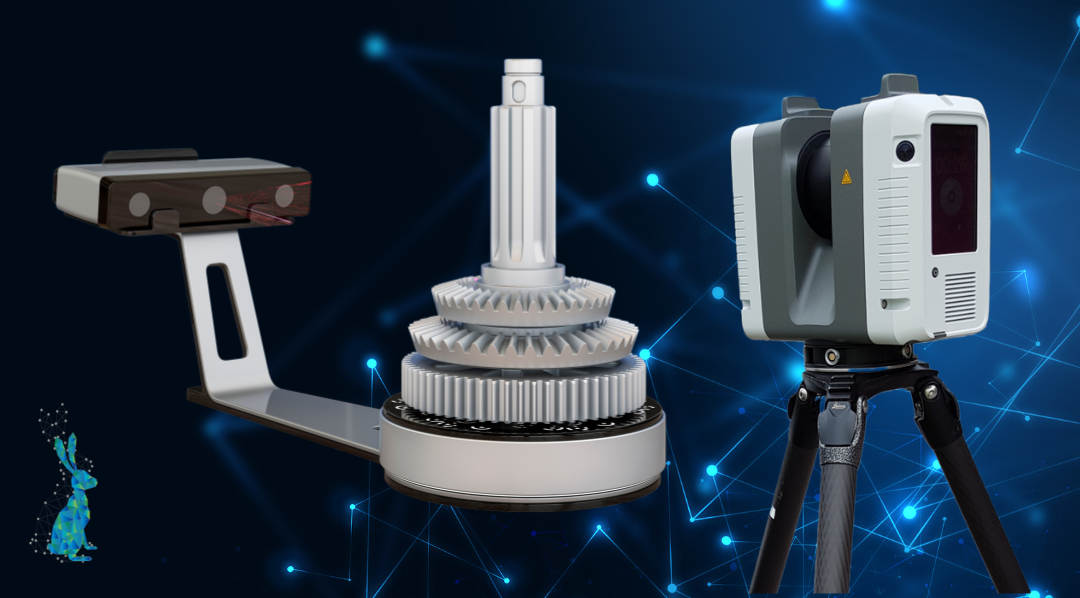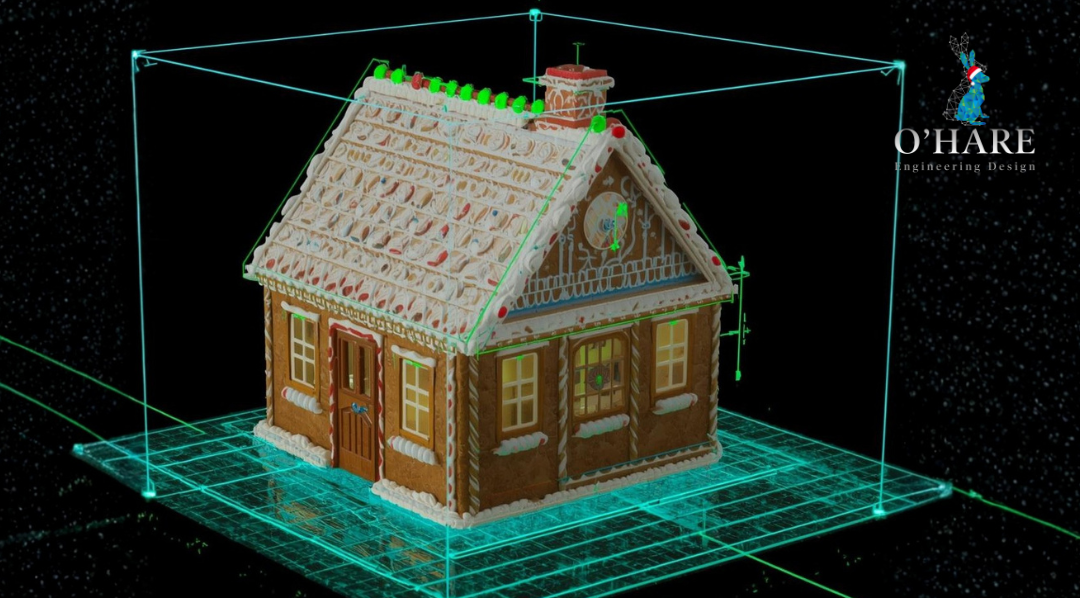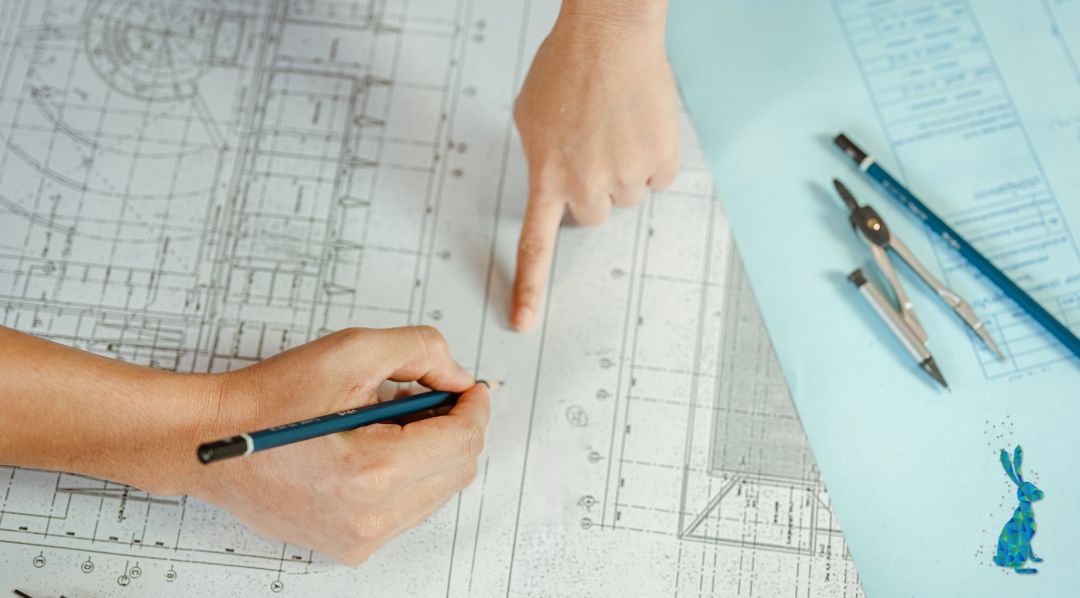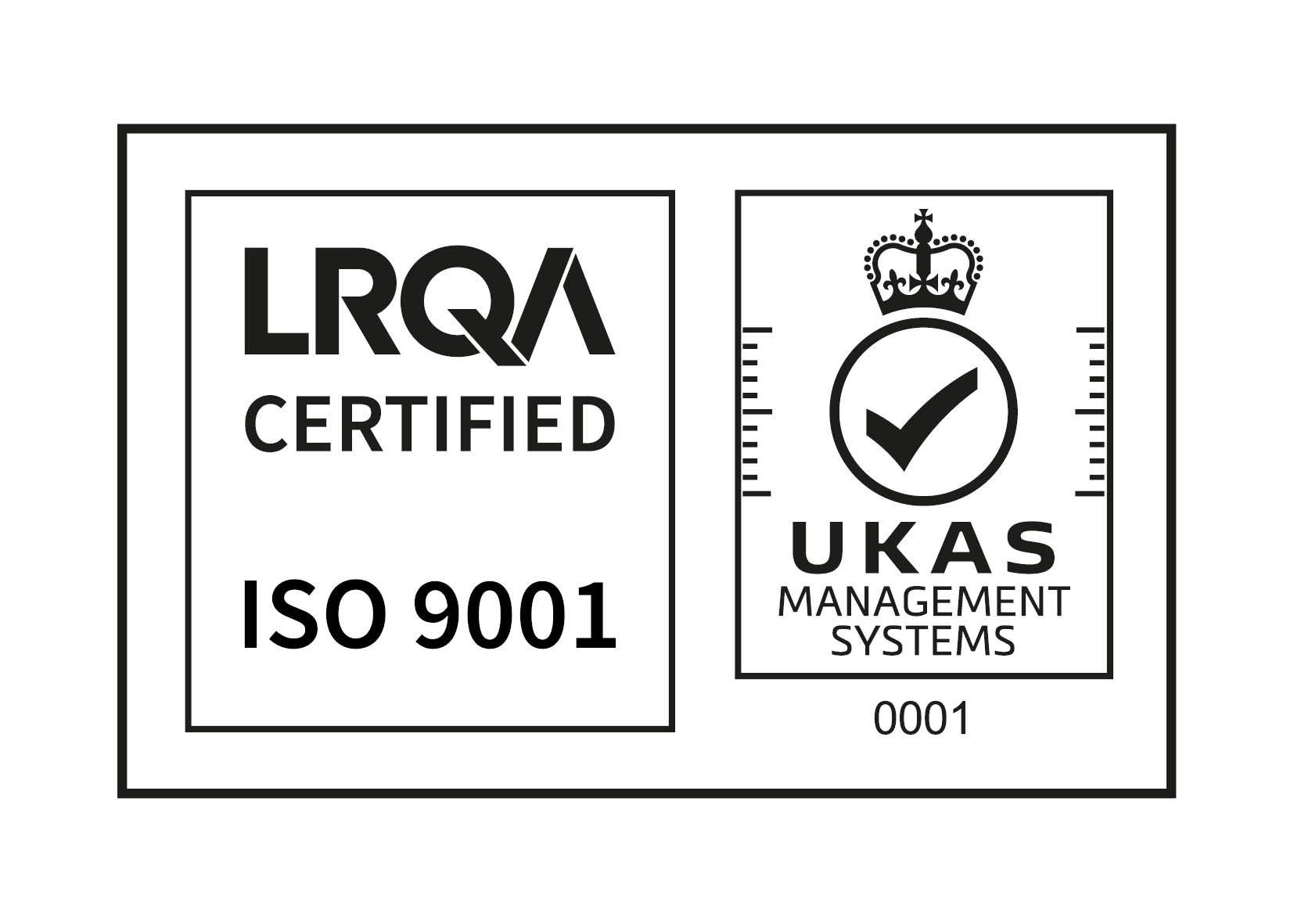THE COST OF GETTING YOUR DESIGN PROJECT OVER THE LINE IN RECORD TIME…

THE COST OF GETTING YOUR DESIGN PROJECT OVER THE LINE IN RECORD TIME…
Date: 14th June 2022
No matter what industry you're in, you’ve probably heard the age old motivational cliché “get the project across the finish line” being thrown around the shop floor more than once in your career. You may have even tried using it yourself when the momentum on a project starts to dip. But here’s the problem I have using this statement in design projects…
As effective as it may be at getting work moving and deadlines met ahead of schedule, it turns the project into a race. Whether it's your intention or not, putting pressure on your designer to get the job “done” in a timeframe that no longer reflects the scope of the project will always come at a cost. And 9 times out of 10, that cost is accuracy.
Accuracy is fundamentally the most important element in any engineering design project.
But cutting corners to hit time constraints normally just leads to additional costs. These can be upfront costs to cover the additional man hours required to get the design across the finish line, or costs later down the line, like rework due to design error.
Everything has a cost implication, and I’m not saying that targets don't need to be met. But, in most of the projects I've worked on in the last 18 years, the client often has design changes they wish to make once the project is underway. This can be down to an oversight at the concept stage, an improvement they wish to make to the concept or sometimes just adding in a couple of ‘nice to haves’ to the design.
There’s nothing wrong with changing your mind and moving the goal post, but if you do, you need to allow your design engineers the additional time to reflect these amendments and allow them to accurately implement the changes.
Designers may now be equipped with laptops and CAD softwares rather than tape measures and drawing boards, but the accuracy of any design still lies in the details. And these details take time.
The money and time you spend to get a high quality design will always be less than you would have to spend starting the design process over again when things go wrong or putting things right with a faulty machine.
Book a free design consultation today to discuss your design needs and get your project off on the best foot.




